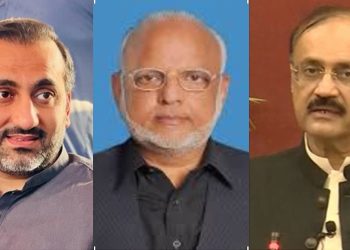An agreement has been reached to increase access to digital financial services to promote a cashless economy in the country, as reported by national media.
In a meeting chaired by Federal Minister of Finance Muhammad Aurangzeb, steps to transition Pakistan to a digital and low-cash economy were considered. According to the statement, agreement was reached in the meeting to increase access to digital financial services.
The meeting emphasized easy facilitation of digital payments in the retail, services, and government transaction sectors. Participants supported the establishment of an integrated and user-friendly platform through the Raast payment system.
According to the statement, agreement was reached to increase access to digital financial services. The Finance Minister said that this scheme will be implemented throughout the country.
A cashless economy is important because it fosters greater financial inclusion and convenience for individuals and businesses alike. By reducing reliance on physical cash, digital transactions make it easier for people to access financial services, even in remote or underserved areas where traditional banking infrastructure may be limited.
This inclusivity helps bridge the gap between the unbanked population and the formal financial system, empowering more people to participate in economic activities, save securely, and access credit or insurance products. Additionally, digital payments are often faster, safer, and more transparent than cash, reducing the risks associated with theft, loss, and corruption.


































